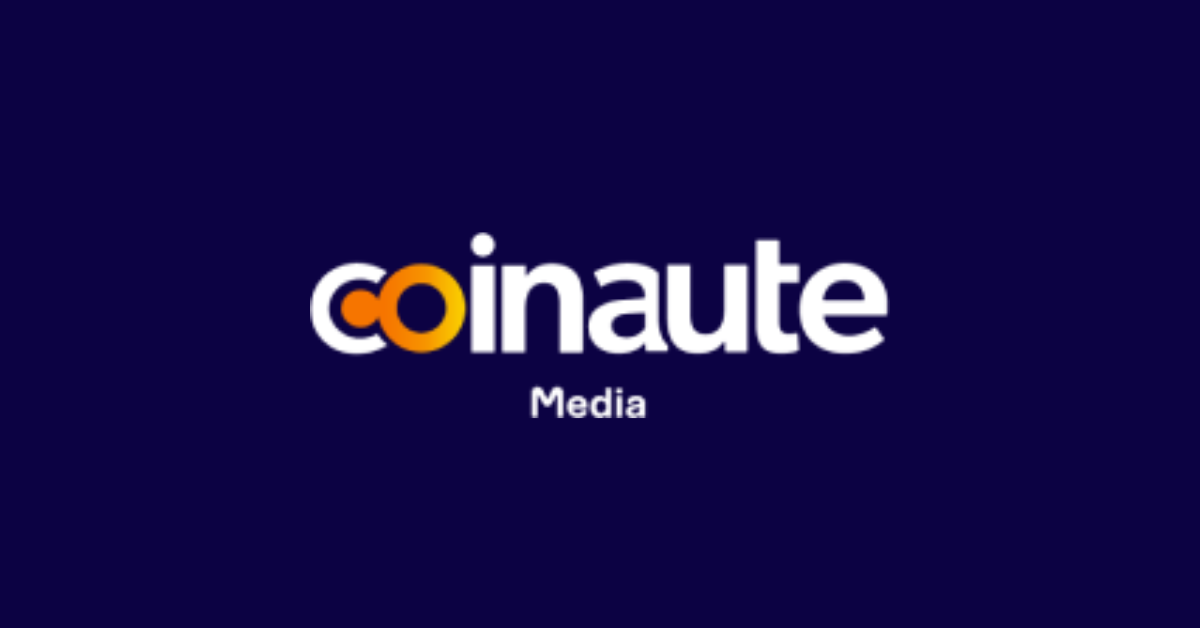Artificial intelligence (AI) is transforming various sectors, from healthcare to education, including transportation, while overcoming challenges. However, this rapid evolution raises growing concerns regarding the safety, ethics, and social impact of AI-based technologies. In the face of these challenges, many experts and policymakers are calling for stricter regulations to govern the development and use of AI.
The risks associated with artificial intelligence
One of the main risks associated with artificial intelligence lies in its potential to reproduce or amplify existing biases. AI systems are often trained on datasets that may contain historical biases, which can lead to unfair or discriminatory decisions. For example, in the field of recruitment, algorithms can favor certain candidates based on biased criteria, raising ethical questions about the fairness and transparency of decision-making processes.
Moreover, the increasing use of AI in sensitive areas such as surveillance and security also raises privacy issues. AI technologies can be used to monitor individual behaviors, which can lead to human rights violations. These concerns highlight the need for regulation that protects individuals while allowing for technological innovation.
Towards balanced regulation
To address the challenges posed by artificial intelligence, it is essential to establish a clear and balanced regulatory framework. This involves not only defining ethical standards for the development and use of AI but also ensuring that these technologies are transparent and responsible. Governments must collaborate with technology companies to develop guidelines that promote the ethical use of AI while supporting innovation.
Furthermore, effective regulation should also include regular monitoring and evaluation mechanisms to ensure that AI systems meet established standards. This could involve the creation of independent bodies to oversee the development and use of these technologies. By adopting a proactive approach, it will be possible to maximize the benefits of artificial intelligence while minimizing its risks.














